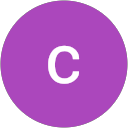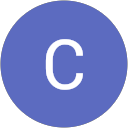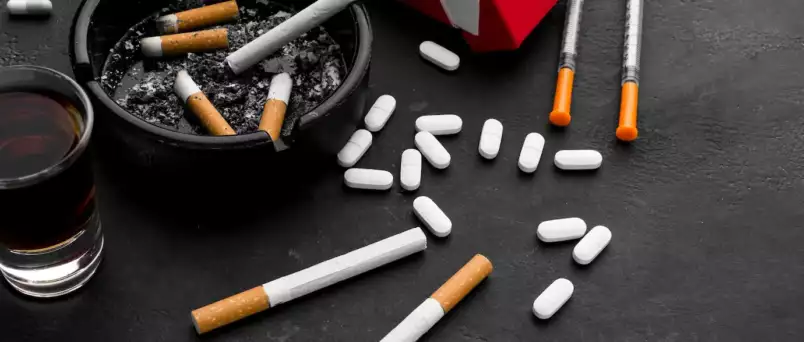Cognitive Behavioral Therapy
Counselling
We’ll guide you
through the entire
period of your healing.
Intervention
Our center’s innovative
programs will surely
get you back on track!
Recovery
We provide an environment
uniquely suited
to support your healing.
Custom individualized program
Maximize your well-being with an individual plan made just for you
Cognitive behavioral therapy or CBT is a common therapeutic model used to treat substance disorders, with a strong focus on treating underlying emotional and behavioral disorders. CBT works by modifying behaviors and thought patterns leading to both substance use and relapse, helping individuals to work their way through problems rather than using substances to cope with them. This makes CBT an ideal treatment for those with existing traumas or co-occurring disorders.
What is Cognitive Behavioral Therapy?
CBT is designed to tackle destructive behavior patterns, as well as disorders such as anxiety and depression that often underlie substance use. First developed in the late 1980s, CBT blends techniques from both cognitive and behavioral therapy, based on the premise that unlearning harmful behavior patterns contributing to substance abuse requires recognizing where they come from and replacing them with new, healthier coping mechanisms.
Components of CBT
Functional Analysis – Here, the patient works with the therapist to identify the root causes underlying substance abuse. The therapist will walk the patient through the emotions they experience before and after using the addictive substance to work out why the patient began abusing a substance in the first place. This can be useful for recognizing and treating comorbid disorders.
Skills Training – Once the therapist identifies the problem, they can begin to address it by teaching the patient healthier coping mechanisms and thought pattern. CBT is designed around the same concepts as behavioral therapy, which retrains trauma patients to develop better coping mechanisms.
Recognizing the behaviors and thought patterns contributing to substance abuse helps give patients the tools to move past it. CBT helps the patient recognize these issues and then retrains the brain to avoid the negative thought patterns and emotions that lead to destructive behaviors.
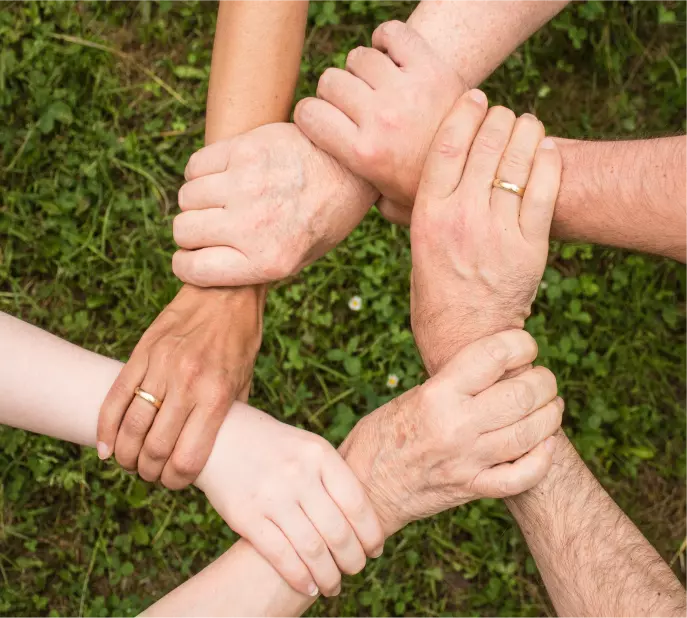
*All calls and messages are totally confidential.
Let’s Start Your Recovery!
Our sole mission is to provide you or your loved one with the personalized addiction treatment you need!
CBT for Dual Diagnosis
Cognitive behavioral therapy is grounded in several types of therapy used for treating anxiety, depression, trauma, and other mental disorders which frequently overlap with addiction. The therapy model works to identify underlying issues and build coping mechanisms, making it especially useful for treating co-occurring disorders. By helping individuals to correct thought patterns and behavior and learn mental coping skills, CBT helps to treat both addiction and other mental disorders at the same time.
CBT helps individuals to understand the thoughts that lead to destructive behavior, and helps them build skills to cope with those problems in the short and long term. Because persons with co-occurring disorders recover most successfully when receiving treatment for both conditions at once, CBT is an ideal solution to address the needs of both addicts and those suffering from anxiety, trauma, and depression.
How Effective is CBT for Addiction Treatment?
CBT is administered in both short and long-term intervals, but typically in schedules of 30-90 days. Patients actively work to learn, improve, and build their own life goals. They also unlearn thought patterns and behavioral or emotional responses and learn new ones. Studies have shown it to greatly decrease the chances of relapse, with 60% of patients remaining sober after 52 weeks with CBT versus 21% who do not receive therapy.
Cognitive behavioral therapy is one of the most common and effective evidence-based treatments for addiction. If you or a loved one is suffering from addiction, especially with a co-occurring disorder, CBT can help.
Important Steps to Addiction Rehabilitation
Treatment Programs

“Inpatient” then means that the patient needs to be admitted to an addiction treatment center for therapy and detox, typically because he/she needs to be closely monitored.

Intensive outpatient programs (IOPs) are treatment programs used to address addictions, depression, eating disorders, or other dependencies that do not require detoxification or round-the-clock supervision.
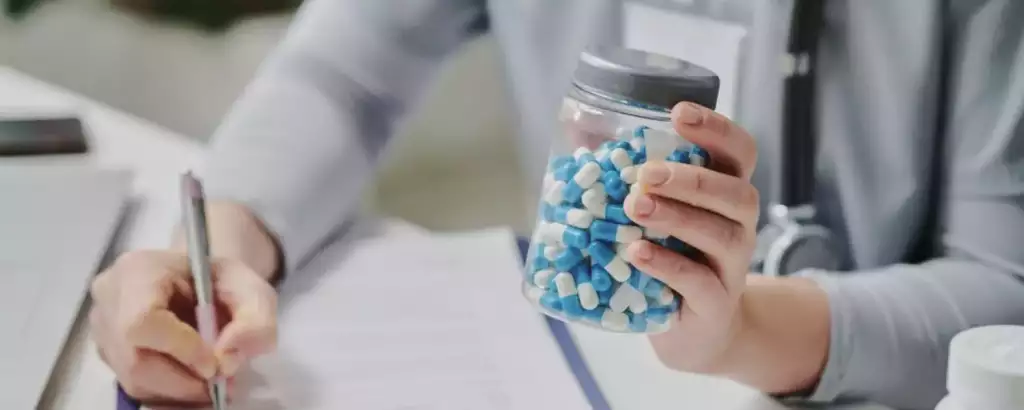
Medication-assisted treatment (MAT) is the use of medications in combination with counseling and behavioral therapies, which is effective in the treatment of opioid use disorders (OUD) and can help some people to sustain recovery.

Outpatient rehab is a form of alcohol or drug rehabilitation that allows patients to live at home (or in another safe and therapeutic environment, such as sober living)
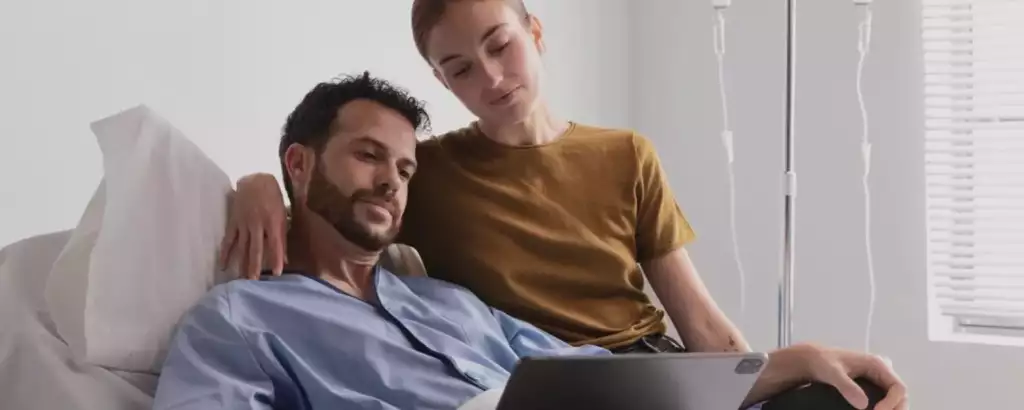
Partial hospitalization provides a structured program of outpatient psychiatric services as an alternative to inpatient psychiatric care.

Sober living houses (SLHs) are alcohol and drug free living environments for individuals attempting to abstain from alcohol and drugs
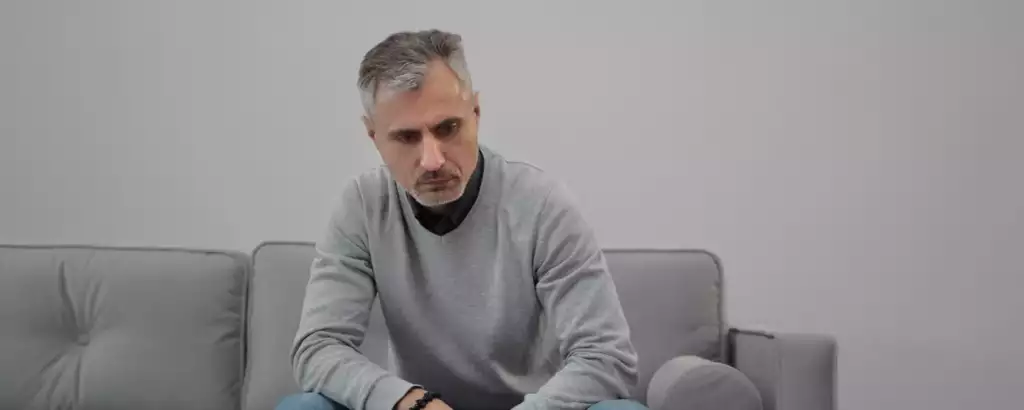
A men’s rehab program is dedicated to helping men overcome drug and alcohol addiction.
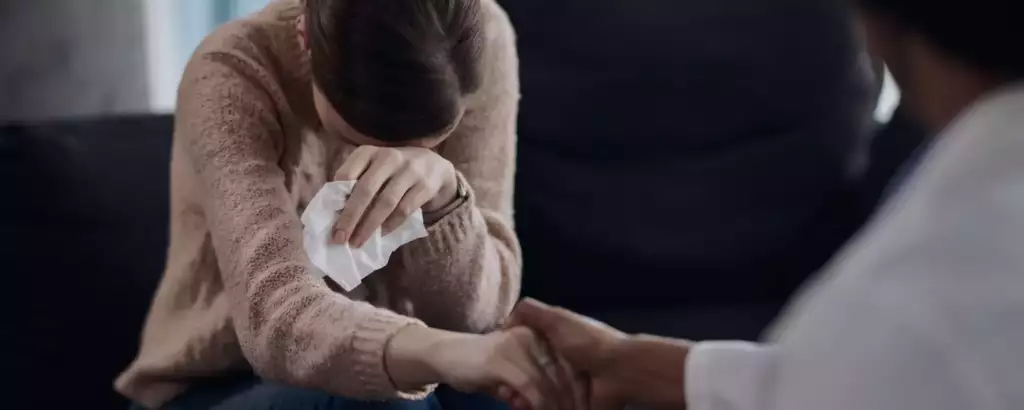
Through gender-specific treatment, Redemption Addiction Treatment Center helps address key issues and obstacles that women face in their early recovery.
We Accept Insurance





Our rehabilition services
Alcohol addiction is a chronic relapsing disorder associated with compulsive alcohol drinking.
Drug addiction, also called substance use disorder, is a disease that affects a person’s brain and behavior.
Some people are apprehensive to quit drinking due to withdrawal symptoms, but alcohol detox is the first step in treating alcoholism.
A dual diagnosis treatment center helps people get treatment for mental illness and an addiction at the same time.
Home Detox Services for those who would prefer to avoid treatment in a hospital or clinic.
Mental health programs should include case management, rehabilitation, housing programs, and other support services.
Our Clients Say About Cognitive Behavioral Therapy
Frequently Asked Questions About Cognitive Behavioral Therapy
How long does it take to be detoxed from alcohol or other drugs?
Depending on several factors including physical health, drug of choice, history of use, and other evaluations,… the shortest detoxification program is 3 days. On average, most patients will complete detox in a very short 5-7 days.
Do I have to spend the night anywhere?
No, our treatments can be completed at our office and at your home, making it easy to adjust around family and work schedules, and to custom tailor a program that meets your needs.
Do you take health insurance?
Yes we do. Your intake coordination will include obtaining your insurance information and verifying eligibility and coverage benefits.



